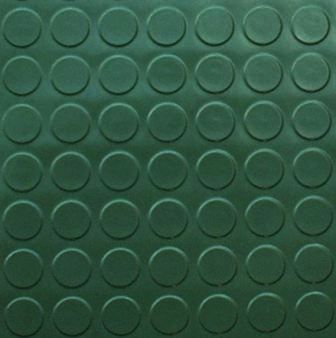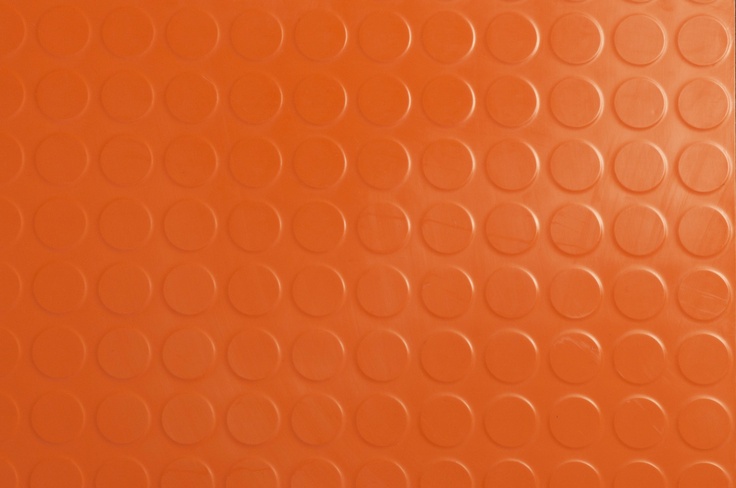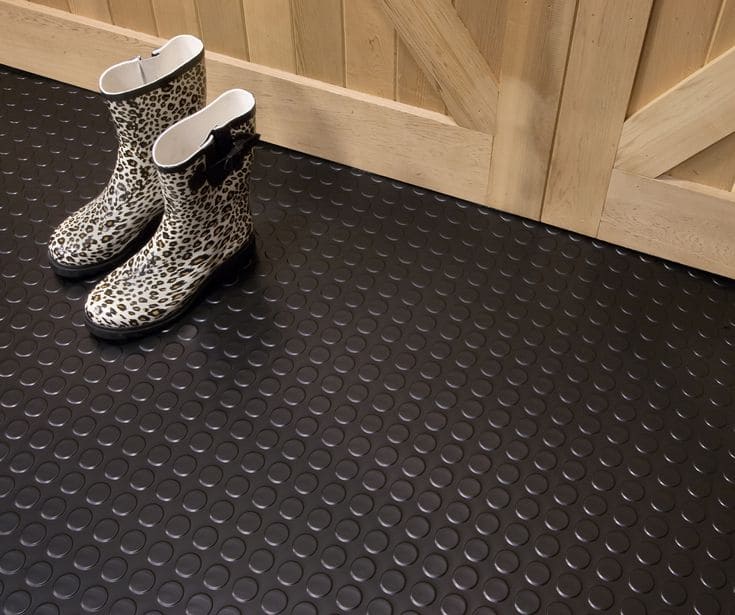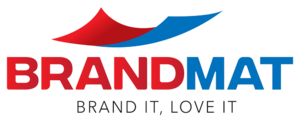Table of Contents
Toggle
Rubber mats are versatile and essential products that can be found in various settings, from homes to commercial spaces. They offer a wide range of benefits, including safety, comfort, and protection. In the market, there are many types of rubber mats available, each designed to meet specific needs and requirements. In this article, we will explore 20 different types of rubber mats that you can find in the market today.
20 Types of Rubber Mats
Anti-Fatigue Mats:
Anti-fatigue mats are designed to supply comfort and relief to individuals who stand for long periods. They feature cushioning properties that reduce strain on the legs, joints, and back, making them ideal for workplaces such as kitchens, factories, and retail environments.
Entrance Mats:
Entrance mats are specifically designed to trap dirt, debris, and moisture from shoes, preventing them from being tracked inside a building. These mats help maintain cleanliness and reduce the risk of slips and falls. They are commonly used in homes, offices, and public places.
Gym Mats:
Gym mats are essential for supplying cushioning and shock absorption in fitness centres, gyms, and home workout areas. They protect the floors from heavy exercise equipment and supply a non-slip surface for safe workouts.
Playground Mats:
Playground mats are designed to supply a safe and cushioned surface for children to play on. They are often made from recycled rubber and supply impact absorption, reducing the risk of injuries from falls.
Horse Stall Mats:
Horse stall mats are heavy-duty rubber mats used to provide a comfortable and hygienic flooring solution for horses. They protect the horse’s joints by offering cushioning and reduce bedding costs by preventing waste absorption.
Kitchen Mats:
Kitchen mats are designed with anti-slip properties to prevent slips and falls on wet surfaces. They provide comfort to those working in kitchens for extended periods and can also withstand spills and oil stains.
Wet Area Mats:
Wet area mats are specifically designed for areas exposed to water, such as showers, pools, and locker rooms. They provide a slip-resistant surface, preventing accidents in wet conditions.
Electrical Safety Mats:
Electrical safety mats are used in areas where there is a risk of electrical shocks, such as electrical substations and switchboards. These mats are made from insulating rubber and protect workers from electrical hazards.

Car Mats:
Car mats are commonly used to protect the flooring of vehicles from dirt, moisture, and wear. They are available in various sizes and designs, specifically tailored for different car models.
Anti-Static Mats:
Anti-static mats are used in environments where static electricity can damage electronic equipment or pose a safety risk. These mats help dissipate static charges, preventing damage to sensitive devices.
Drainage Mats:
Drainage mats are designed to allow liquids to flow through the surface, preventing water accumulation and supplying slip resistance. They are commonly used in industrial settings, commercial kitchens, and outdoor areas.
Workshop Mats:
Workshop mats are heavy-duty mats designed to withstand heavy machinery, tools, and chemical spills in workshops and garages. They provide a protective barrier for the floor, preventing damage and enhancing safety.
Cow Mats:
Cow mats are specifically designed to provide comfort to dairy cows by reducing strain on their joints and supplying a non-slip surface. These mats also help maintain cleanliness and improve hygiene in barns.
Rubber Tiles:
Rubber tiles are versatile flooring options that can be used in various settings, including gyms, playgrounds, and commercial spaces. They supply cushioning, noise reduction, and durability.
Anti-Bacterial Mats:
Anti-bacterial mats are designed to inhibit the growth of bacteria and fungi, making them ideal for healthcare facilities, laboratories, and food processing areas. They help support hygiene and prevent the spread of infections.
Anti-Vibration Mats:
Anti-vibration mats are used to reduce vibrations and noise produced by machinery, equipment, and vehicles. They help protect floors, reduce noise pollution, and prevent damage to surrounding structures.

Interlocking mats are modular mats that can be easily connected to cover larger areas. They are commonly used in trade shows, workshops, and play areas, supplying a customizable and portable flooring solution.
Roof Mats:
Roof mats provide a protective layer between the roofing material and the user when performing maintenance or repairs on a roof. They prevent slips and falls on slippery surfaces and protect the roof from damage.
Anti-slip mats are designed to supply traction and prevent slips and falls in areas prone to wetness or grease, such as kitchens, bars, and workshops. They are made with textured surfaces that enhance grip.
Sports mats are designed for various sports activities, including wrestling, martial arts, and gymnastics. They provide cushioning, shock absorption, and a non-slip surface to ensure the safety and comfort of athletes.
